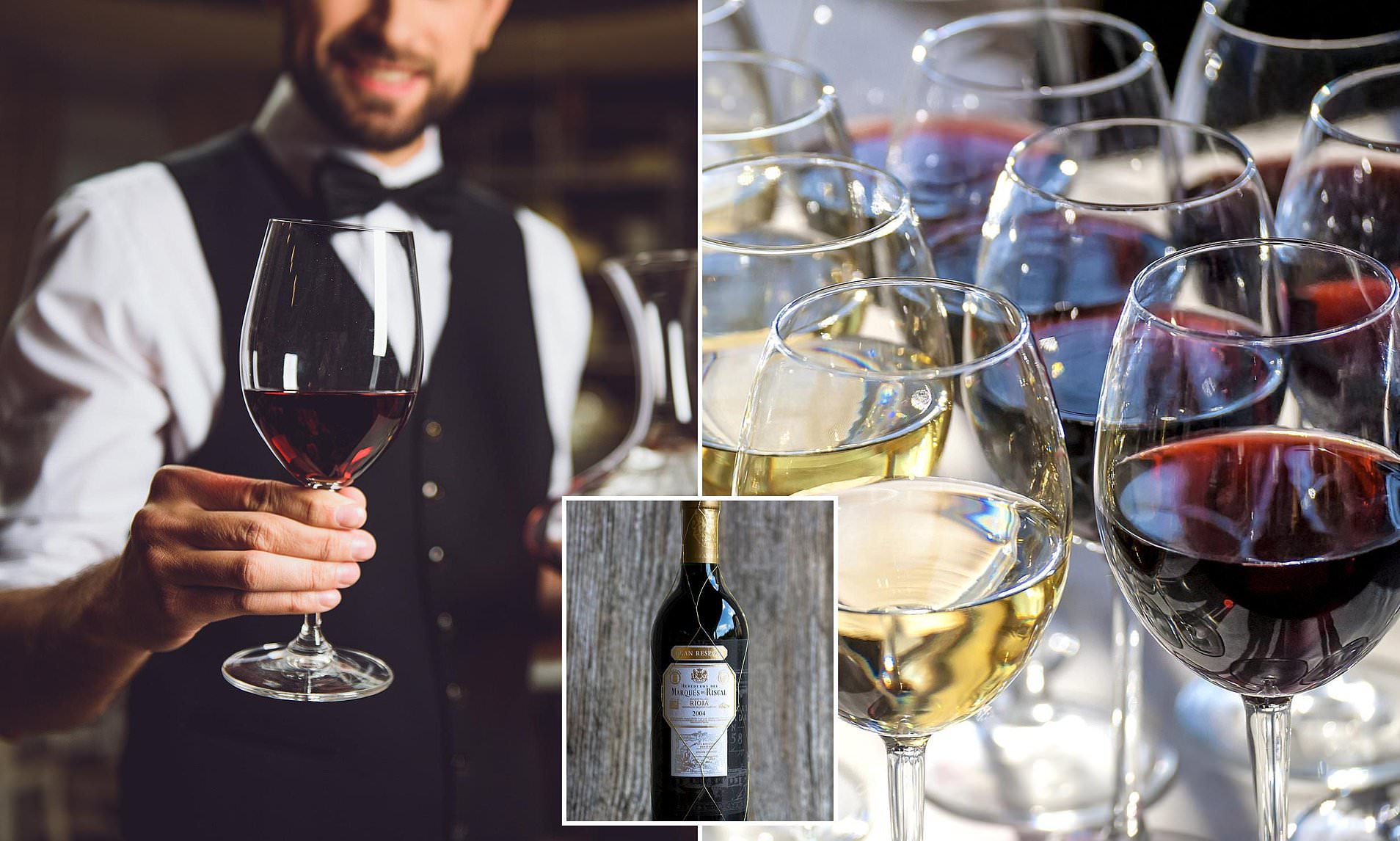
Experts have raised concerns that a deceptive wine scam is not only causing financial loss but also posing potential health risks to unsuspecting customers. This fraudulent practice, known as "wine repotting," has resurfaced in bars and restaurants across popular European tourist destinations, with warnings that it could lead to more than just monetary losses for travelers.
Wine repotting involves staff secretly collecting unfinished glasses and bottles of wine left behind by customers. These remnants are then mixed together and resold as premium wines such as Rioja, Chablis, or Albariño. The resulting blend is often poured into generic, unlabelled bottles and presented as high-end products, sometimes at significantly inflated prices.
This scam has been reported in various tourist hotspots across Spain, Italy, and France, particularly in Paris. However, similar incidents have also surfaced in parts of the United States and Asia. According to insiders, the scheme is frequently orchestrated at the management level, with restaurant owners and managers directing staff to carry out the practice in order to boost profits discreetly.
A veteran waiter speaking to French newspaper Le Parisien revealed how the operation works: “When it's quiet, we collect the leftovers from open bottles and present them as a 'superior' white wine.” A wine expert who participated in the investigation added, “You couldn't tell a Rioja Reserva from a generic red unless you really study the body and the fruity notes.”
Beyond financial implications, experts warn that this scam poses serious health risks. Since there is no control over what goes into the mix, customers may unknowingly consume wine containing undisclosed or unidentified additives or allergens. Individuals with sulphite sensitivities, intolerances, or allergies are especially vulnerable.
Although local food and drink regulators have increased inspections in cities like Paris, enforcement remains inconsistent in busy tourist areas where customer turnover is high. The scam thrives in locations where visitors may not be familiar with local wine labels or pricing, making them less likely to notice discrepancies.
To protect themselves, wine experts recommend several precautions for travelers:
- Order a full bottle: When dining with others, choose a full bottle rather than individual glasses. Reputable restaurants will present the bottle at the table and open it in front of you, reducing the chances of tampering.
- Inspect the bottle: Check that the label, cork, and capsule match the wine you ordered. Look for signs of previous use or relabelling.
- Check the appearance: Hold the glass up to a white surface. If the color seems off—such as a pale greenish tint in a white wine—question it immediately.
- Use your senses: A quality wine should have a balanced aroma and flavor. If it smells harsh, overly boozy, or tastes flat and acidic, it could be a repotted mix.
- Be cautious with cheap happy hours: Ultra-cheap "by the glass" wine specials, especially in tourist-heavy areas, are more likely to involve repotting. It may be worth spending a little more for a bottle you can trust.
By staying vigilant and following these simple steps, travelers can reduce their risk of falling victim to this deceptive practice. As the popularity of wine repotting continues to grow, awareness and caution remain essential tools for protecting both finances and health.


Posting Komentar